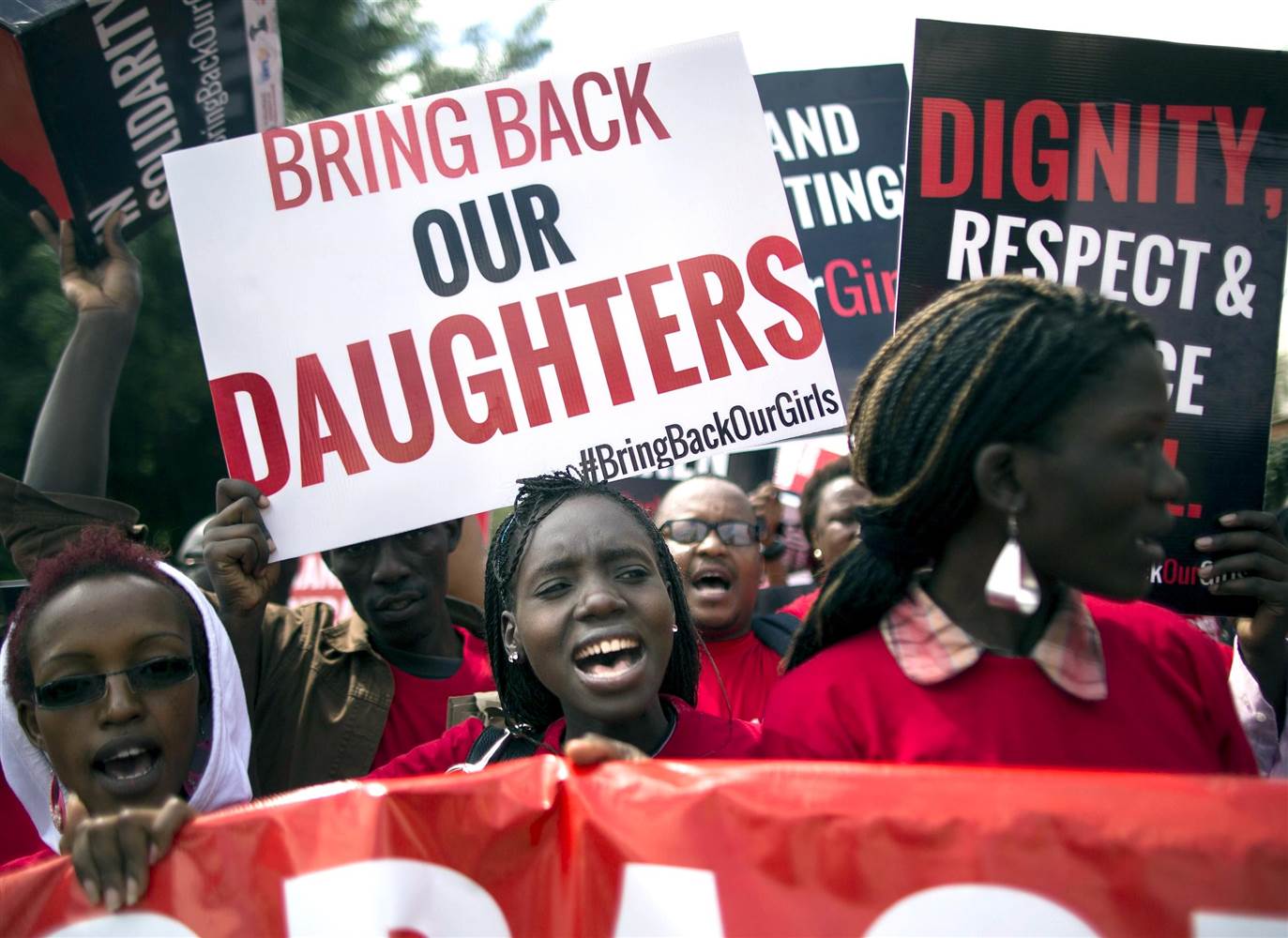
Exploring the Ongoing Fight for Women’s Rights in Islamic Northern Nigeria and Southern Nigeria
By Vimbai Ushe
[divider]
[dropcap]T[/dropcap]he faces of Nigerian women may not be the first that come to mind when you think of feminism. However, Nigeria, the most populous country in Africa, is currently a hotbed of numerous feminist movements, which have been fighting to advance the rights of women for decades. While laws have been passed aimed at giving women a better quality of life, the enforcement of these laws have varied geographically across the country, thereby drastically changing the contours of feminist struggles region-by-region. Generally, feminism has faced more considerable obstacles in the northern, Muslim-majority region, where radical Islamists hold significant sway and resent feminism. Overall, the successes of the Nigerian feminist movement have been mixed, and this trend looks likely to continue into the future as the movement faces a series of substantial challenges.
One of the major issues facing Nigerian feminism today is child marriage. Based on a caveat within the constitution under the Child Rights Act of 2003, numerous northern states have refused to implement a ban on child marriage. Northern state officials argue that Muslim women are immediately of age upon getting married, thus allowing northern states to refuse to participate in a law they consider discriminatory. As a result, while the youngest girls are allowed to marry in southern Nigeria is eighteen, in northern Nigeria the age of consent is twelve, as of a 2013 addendum. The protection of women’s and children’s rights should take precedent in this case: child marriage should be prohibited.
Polygamy and discrimination of widows also haunt Nigeria’s north. Implementation of Sharia law in northern Nigeria has permitted polygamous marriages to persist, although this is against civil law. A strict forbiddance of polygamous unions, which can be detrimental to women’s psyches, should be enforced. Additionally, in many northern communities, widows are illegally denied their constitutional right to freedom of movement and access to public spaces. They are required to not only remain in their homes, but also shave their heads and perpetually wear mourning clothes. This obligatory ostracism from society denies widows, an already marginalized group, full autonomy; banning such practices would move society in the right direction.
Boko Haram, a radical Islamist terrorist group, has been perhaps the biggest threat to feminism in northern Nigeria. Its most infamous attack in recent memory was on the night of April 14-15, 2014, when the group kidnapped 276 female students from the Government Secondary School in the town of Chibok in northern Nigeria. The young women were forced to become child brides, raped, killed, forced to convert to Islam, or dispatched as suicide bombers. The international community responded with outrage, triggering the #bringbackourgirls campaign. However, although several dozen girls have managed to escape, 196 remain in captivity.
Boko Haram continues to terrorize Northern Nigeria. This incident was only one of many mass kidnappings and attacks committed by the terrorist group in the last several years. Unfortunately, according to Professor Abosede George, an African Studies professor at Barnard College, the national consciousness in Nigeria has shifted from dominated by sympathy to these girls as victims of extreme Islamists to deep suspicion of these girls as individuals who might have been radicalized in their captivity. Meanwhile, the Nigerian government and armed forces have neglected to fully destroy this terrorist organization; it should make it a priority to do so. Protecting women’s rights should coincide with safeguarding basic human rights. Inaction endangers the lives of millions of Nigerian men, women, and children and indicates a lack of concern for women’s rights.
Luckily, southern Nigeria is a source of hope for Nigerian feminism. This region surrounding the capital of Abuja is largely Christian and lacks Sharia law. As a result, women have greater autonomy. This area has an ever-growing number of grassroots organizations, like the Women’s Consortium of Nigeria, that actively fight for women’s equality.
Still, the fight for women’s rights in Nigeria is hardly over. While the trends are pointing in a positive direction in the south, radical Islamic forces in northern Nigeria have consistently sabotaged Nigeria’s progress in giving all women equality. Government intervention is needed to achieve a fully liberated feminist country.
[hr]
Vimbai Ushe is a sophomore in Branford College who blogs about women’s rights in Africa. You can contact her at vimbai.ushe@yale.edu.